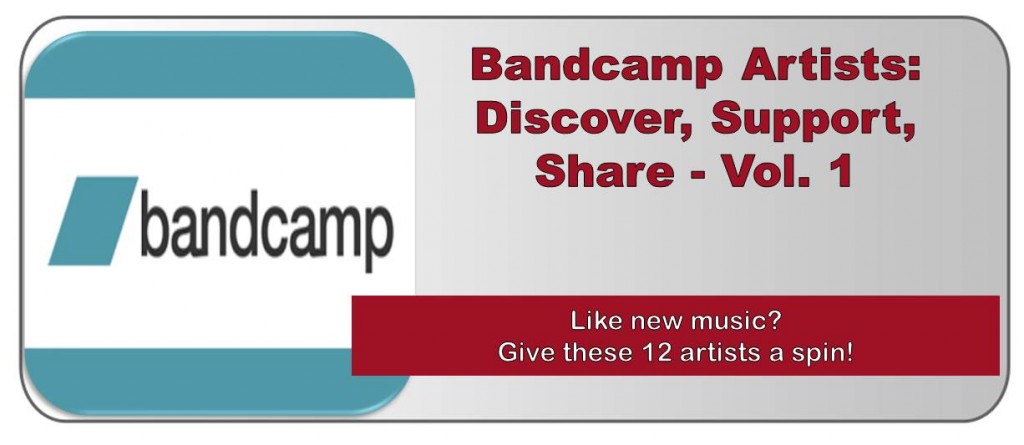
That's what I feel like we're here to build – that system.

And if you start with this idea that music is healing, that is obviously a power that should be in the hands of everybody who has the talent to wield it. Write that down first.' He said that he wanted it to be the guiding principle they used in the book.

And he had picked a co-writer and in one of their initial meetings together he said, 'Music is healing. There's this great story – there was a New Yorker article about it – about how Prince was working on his autobiography just before he died. I mean, the mission of the company is, I think, fairly unique. But we're definitely – no question – we're different than a lot of digital businesses. And the way to best serve artists happens to be through technology, a particular model of technology that our business is based on. "I think of Bandcamp as a music company first, because I think of who we serve as first and foremost the artist. Given how differently Bandcamp has behaved from a typical startup, I asked Diamond a fundamental question: Is Bandcamp a digital business? Which poses the question: does our 21st-century business world really have to be so much like Spotify, and so little like Bandcamp? I spoke with Bandcamp CEO and co-founder Ethan Diamond to try and understand better how and why his company does business the way they do. But neither could exist at any other time. You might be tempted to say that one is a 21st-century business, and the other belongs to an earlier age. Bandcamp is privately owned, has been in the black since 2012, and continues to grow. Spotify is now worth an estimated $54 billion on the stock market, despite having never shown an annual profit. Where Spotify has revenue streams dependent on ads and data, Bandcamp operates on a simple revenue share with artists and collects no information on its users. Where Spotify requires working through a limited number of distributors to access their services, Bandcamp is open to anyone. Where Spotify pays royalties according to little-understood formulas that can only be analyzed by reverse calculation, Bandcamp lets artists and labels choose their own prices.

Where Spotify highlights playlists, most often of its own creation, Bandcamp sticks to the album (or any other format, as determined by the artist). Spotify and Bandcamp could not be more opposite.


 0 kommentar(er)
0 kommentar(er)
